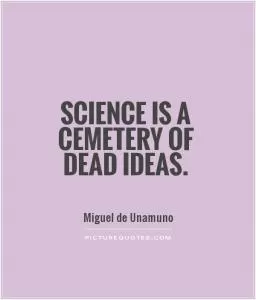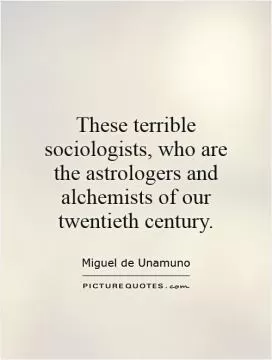What we believe to be the motives of our conduct are usually but the pretexts for it

What we believe to be the motives of our conduct are usually but the pretexts for it
Miguel de Unamuno, a Spanish philosopher and writer, was known for his deep exploration of the human psyche and the complexities of human behavior. One of his most famous quotes, "What we believe to be the motives of our conduct are usually but the pretexts for it," delves into the idea that our conscious justifications for our actions may not always align with our true underlying motivations.Unamuno believed that humans are often driven by unconscious desires, fears, and insecurities that we may not even be aware of. Our conscious minds create rationalizations and justifications for our behavior in order to make sense of our actions and maintain a sense of control over our lives. However, these explanations are often surface-level and do not fully capture the complexity of our inner selves.
In the context of Unamuno's philosophy, this quote suggests that our stated reasons for our actions are often just excuses or rationalizations that we use to make ourselves feel better about our choices. We may tell ourselves that we are acting out of love, duty, or principle, but in reality, our behavior may be driven by deeper, more primal instincts such as fear, insecurity, or a desire for power or control.
Unamuno believed that true self-awareness and introspection are essential for understanding our own motivations and behavior. By delving deep into our own psyches and questioning our beliefs and assumptions, we can uncover the true reasons behind our actions and gain a deeper understanding of ourselves.












 Friendship Quotes
Friendship Quotes Love Quotes
Love Quotes Life Quotes
Life Quotes Funny Quotes
Funny Quotes Motivational Quotes
Motivational Quotes Inspirational Quotes
Inspirational Quotes